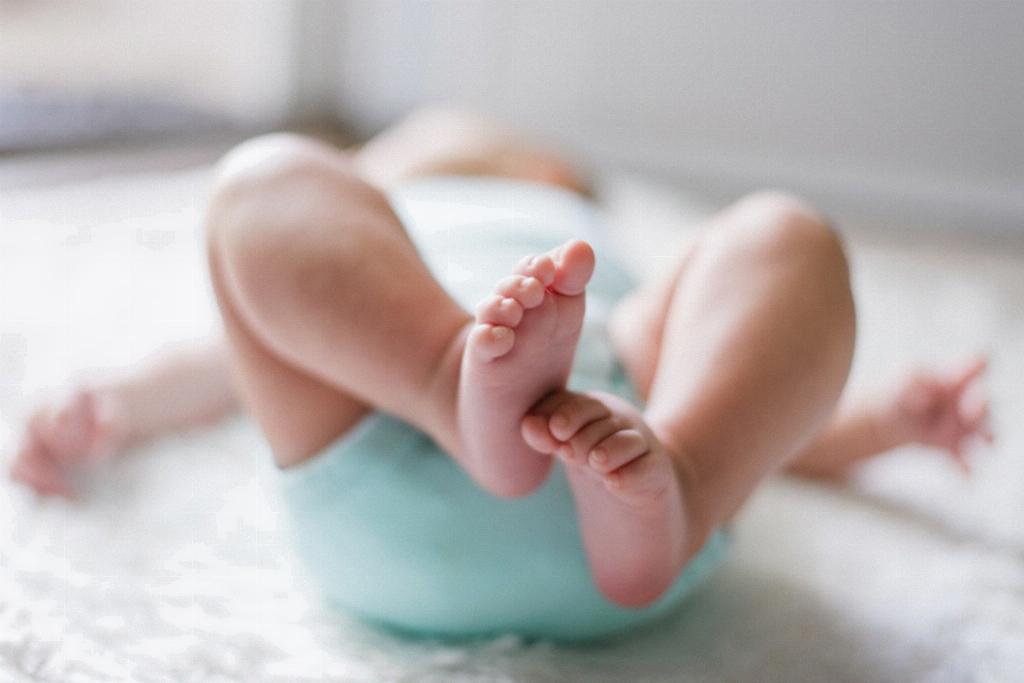When it comes to goat pregnancy, there are many factors to consider to ensure the health and safety of both the mother and the baby goat. Goats, like any other animal, go through a period of gestation that requires proper care and attention. So, is goat pregnancy safe? Let’s delve into the details to provide you with a comprehensive answer.
1. Gestation Period of Goats
The gestation period for goats typically ranges from 145 to 155 days, with some variations depending on the breed of the goat. It is crucial to identify when your goat is pregnant to provide the necessary care and support throughout the entire pregnancy.
2. Health and Nutrition
Proper nutrition is key during goat pregnancy. It is essential to ensure that the pregnant goat receives a balanced diet rich in vitamins, minerals, and protein to support the growth and development of the fetus. Make sure to consult with a veterinarian to create a suitable nutritional plan.
3. Environmental Factors
The environment plays a significant role in the safety of goat pregnancy. Ensure that the pregnant goat has access to a clean and comfortable shelter, free from extreme temperatures and potential hazards. Adequate space for movement is also crucial for the well-being of the pregnant goat.
4. Monitoring Health
Regularly monitor the health of the pregnant goat by observing changes in appetite, behavior, and physical condition. Schedule routine check-ups with a veterinarian to address any potential health issues and ensure the smooth progression of the pregnancy.
5. Vaccinations and Parasite Control
Proper vaccinations and parasite control are essential during goat pregnancy to prevent diseases and ensure the health of both the mother and the baby goat. Consult with a veterinarian to develop a vaccination schedule and implement effective parasite control measures.
6. Exercise and Activity
Encourage gentle exercise and activity for the pregnant goat to promote circulation and muscle tone. Avoid excessive strenuous activities that could put undue stress on the pregnant goat and potentially compromise the safety of the pregnancy.
7. Gestation Care and Preparation
Prepare a suitable birthing area for the pregnant goat and provide the necessary supplies for a smooth delivery. Familiarize yourself with the signs of labor and be prepared to assist the goat if needed during the birthing process.
8. Postnatal Care
After the birth of the baby goat, continue to provide care and support to the mother and newborn. Monitor the health of both goats closely and seek veterinary assistance if any health issues arise.
9. Bonding and Socialization
Encourage bonding and socialization between the mother goat and her baby to promote a strong and healthy relationship. Allow the mother goat to nurse and care for her offspring naturally.
10. Nutrition for Nursing Goats
Adjust the diet of the nursing goat to meet the increased nutritional demands of milk production. Provide ample water, hay, and supplemental feed to support the nursing mother’s health and milk production.
11. Weaning Process
Gradually introduce solid food to the baby goat and initiate the weaning process at the appropriate time to ensure a smooth transition from milk to solid food. Monitor the health and development of the baby goat during this critical period.
12. Conclusion
In conclusion, goat pregnancy can be safe and successful with proper care, nutrition, and monitoring. By following the guidelines outlined in this article and seeking veterinary assistance when needed, you can ensure the health and well-being of both the mother and the baby goat throughout the pregnancy and beyond.

